CD Projekt Red’s (CDPR) Cyberpunk 2077 is one of the most anticipated games of 2020, but its development has not been without its share of controversy. While the game was initially slated to launch on April 16, 2020, the launch was delayed — first to Sept. 17, then to Nov. 19, and now suddenly to Dec. 10. At the same time, the company has come under fire for facilitating a “crunch” culture.
In late September, the CDPR studio head imposed a mandatory six-day workweek and reportedly applied additional pressure for developers to work extra hours on weekdays. CDPR had previously imposed extended crunch periods in advance of the game’s preview in 2018 at E3 and in advance of the studio’s launch of The Witcher 3 in 2015. While reports of crunch are bad enough by themselves, things are even worse for CDPR, since the studio expressly promised that it would avoid mandatory overtime. It didn’t help that the company’s CEO told investors that developers are “happy about the extra three weeks” of crunch and maintained that crunch is “not that bad.” (He apologized for those remarks the next day.)
Crunch culture is relatively common in the video game industry, especially in connection with major releases like Cyberpunk 2077 and Red Dead Redemption 2. This week, I’ll consider some of the legal questions surrounding crunch and will consider what, if anything, could or should be done to solve the crunch problem.
What Is Crunch?
Firstly, there is no single definition of “crunch” or “crunch time,” but for the purposes of this article, we can say that crunch entails two components: mandatory overtime and a culture that pushes employees to work longer or harder than reasonable. I recognize that this definition isn’t perfect — in particular, there can be (and is) considerable disagreement as to what constitutes “reasonable” work. But the law regularly applies reasonableness as an objective standard, and I see no reason why that standard would not work here.
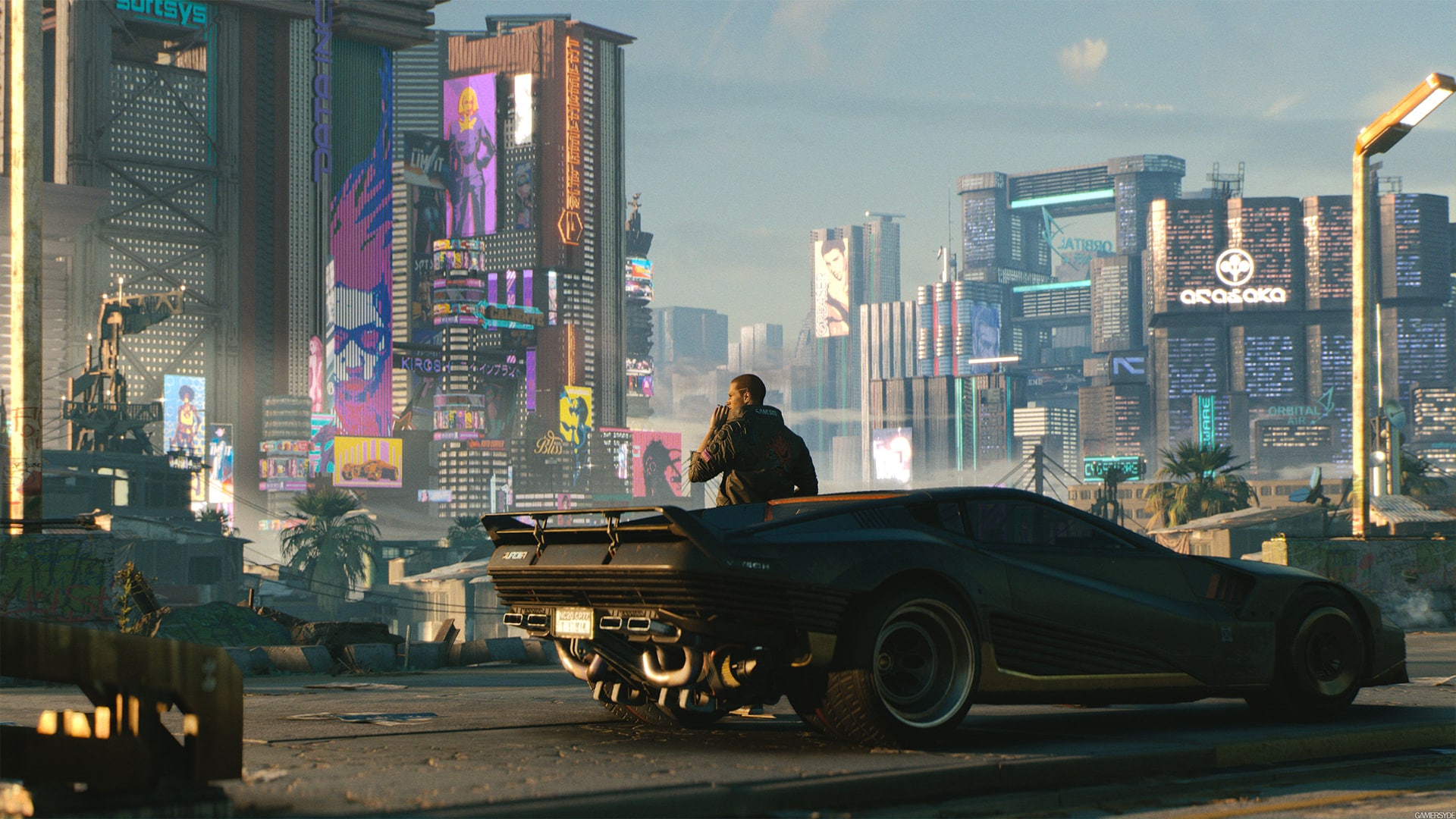
Is Crunch Illegal?
Whether crunch is legal is a more challenging question than it seems. Video game development, especially when it comes to big-budget AAA titles, often involves international developers. Cyberpunk 2077 is being developed in Poland. Square Enix is based in Japan. Metro series developer 4A Games is based in Malta. Rocksteady Studios is based in the U.K. The list goes on. As a result, there is no definitive answer to the legality of crunch. Whether crunch is legal could vary depending on where development takes place.
As far as the United States is concerned, crunch is legal, but with a few caveats: First, companies are allowed to require employees to work overtime, and for video game developers, there is no limit on the number of overtime hours an employee can work. The only requirement is that, depending on the circumstances, companies may be required to provide overtime pay for overtime work. In particular, employees who are paid by the hour, or who have a low salary, are generally entitled to overtime pay.
This requirement may seem simple, but it is not always followed. For example, in 2006 EA settled a class-action lawsuit alleging that the company owed developers millions in unpaid overtime. According to one survey, about one-third of all developers do not receive pay for their overtime work. Without knowing more details (principally, what state they live in and whether they are salaried), it’s impossible to say whether those workers are entitled to overtime pay, but the ultimate conclusion is the same — mandatory overtime is not illegal, but you have to do it right.
The answer is the same when it comes to workplace culture — there is nothing illegal with a culture that pushes employees to work more or harder than reasonable. Nevertheless, the use of crunch culture would almost certainly expose employers to additional and avoidable legal risk.
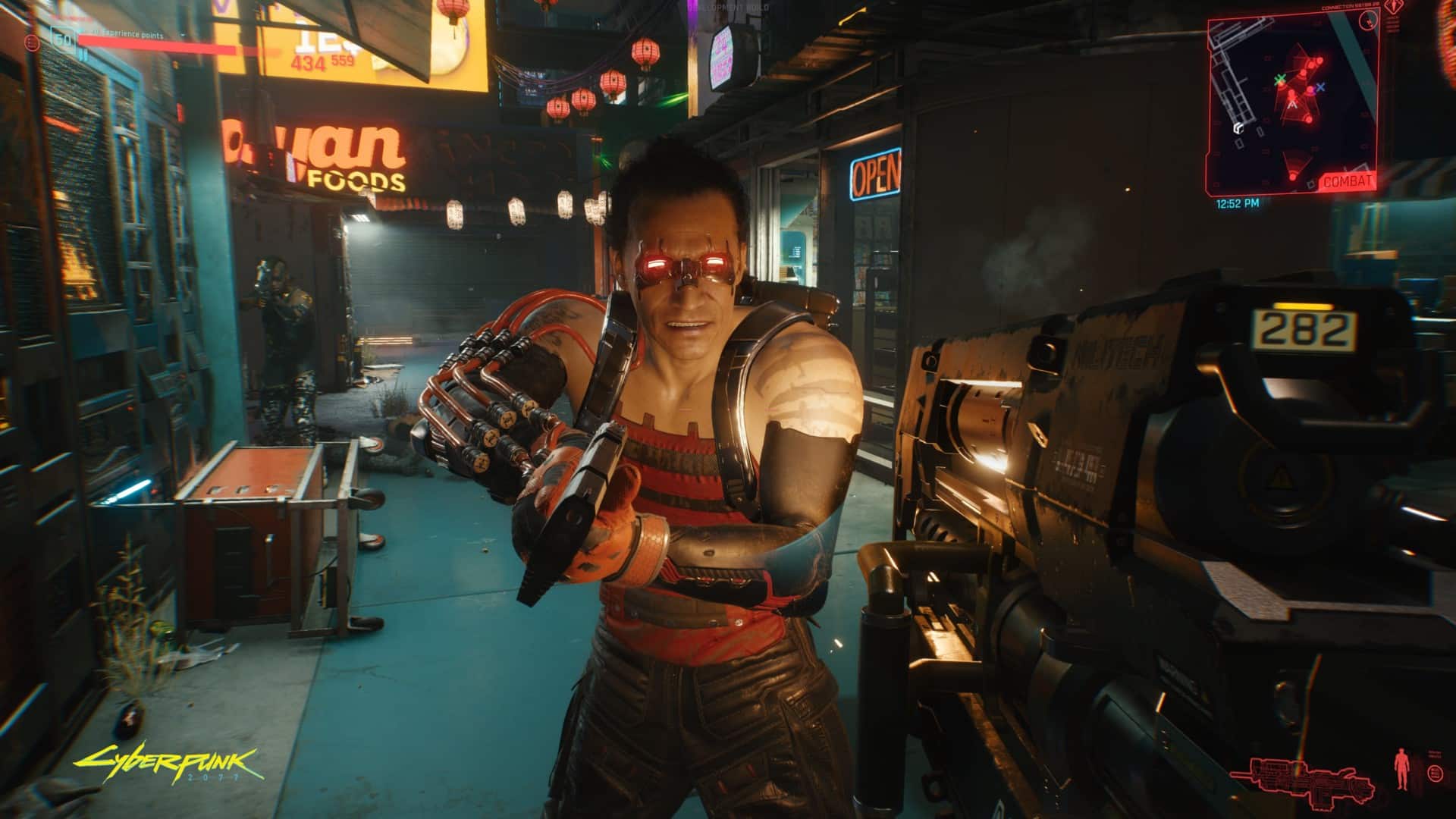
From a liability perspective, the downsides of crunch culture are too numerous to list. But to identify just a few: Employees will not respect an employer who treats them unfairly and will thus be more likely to sue crunch time employees. Employees who are treated unreasonably are more likely to misbehave or treat others unfairly, increasing the likelihood that an employee will experience workplace discrimination. (This one hits close to home in the video game industry, which already has a relatively high rate of gender discrimination.) Employees who are overworked tend to make mistakes, which could leave the company open to negligence lawsuits later down the line.
It bears emphasis that these risks scale with the intensity and duration of the crunch culture. A short crunch-like sprint in the week or two before a product launches is different from a systemic crunch culture built into a company’s DNA. Thus, whether the legal risk is worth the increase in crunch productivity depends on a variety of factors. But regardless of those factors, the crunch culture itself is not illegal.
Is Crunch Culture Bad?
Since I consciously defined crunch culture as “a culture that pushes employees to work longer or harder than reasonable,” I can definitively say that crunch culture is bad. After all, by definition, it is unreasonable. The definition does a lot of work, since it shows that a debate about crunch culture is really a debate about what is reasonable. And as with most legal-type questions, determining what is reasonable depends on the facts at issue.
If you’re an unmarried developer working on a self-produced title and you need to finish the game in the next week so that you can pay your bills and keep the lights on, it is absolutely reasonable to spend every waking moment of your week to finish the game — in fact, you don’t have a choice. On the other hand, if you’re a low-level bug checker working for a large company, are assigned to debug an expansion pack for a two-year-old title that isn’t set to release for another four months, and have significant family obligations, then it would be wholly unreasonable for your employer to pressure you into working more than 40 hours a week. Context is key.

When it comes to big-budget AAA games, a lot of what we hear about the working culture seems unreasonable. Encouraging developers to work longer and harder for the last leg of development is one thing. But when that “last leg” starts to move from “weeks” to “months,” you’ve got a problem. Deadlines are not unique to the video game industry. But most organizations avoid crunch culture by identifying deadlines ahead of time and planning accordingly. Video game developers can and should do the same.
What Can Be Done to End Crunch Culture?
Whether we like it or not, the law does not control how people feel and cannot eliminate problematic workplace cultures. When it comes to ending crunch, cultural change must start from within the gaming industry. And there is good reason to think that the cultural change has already started to take hold.
As explained above, after a particularly grueling crunch period for The Witcher 3, CDPR made an effort to avoid crunch in connection with Cyberpunk 2077. While that effort ultimately proved unsuccessful, the fact that CDPR recognized crunch as a problem is a first step in the right direction. For another example, consider Team Meat, the developer behind the upcoming Super Meat Boy Forever (SMBF). SMBF was supposed to launch in April 2019, but Team Meat delayed the launch, explaining, “We could have sacrificed our minds, bodies, and social lives to make April 2019, but that’s stupid.” While we still have a long way to go before we can defeat crunch culture, the foundation for improvement is real.
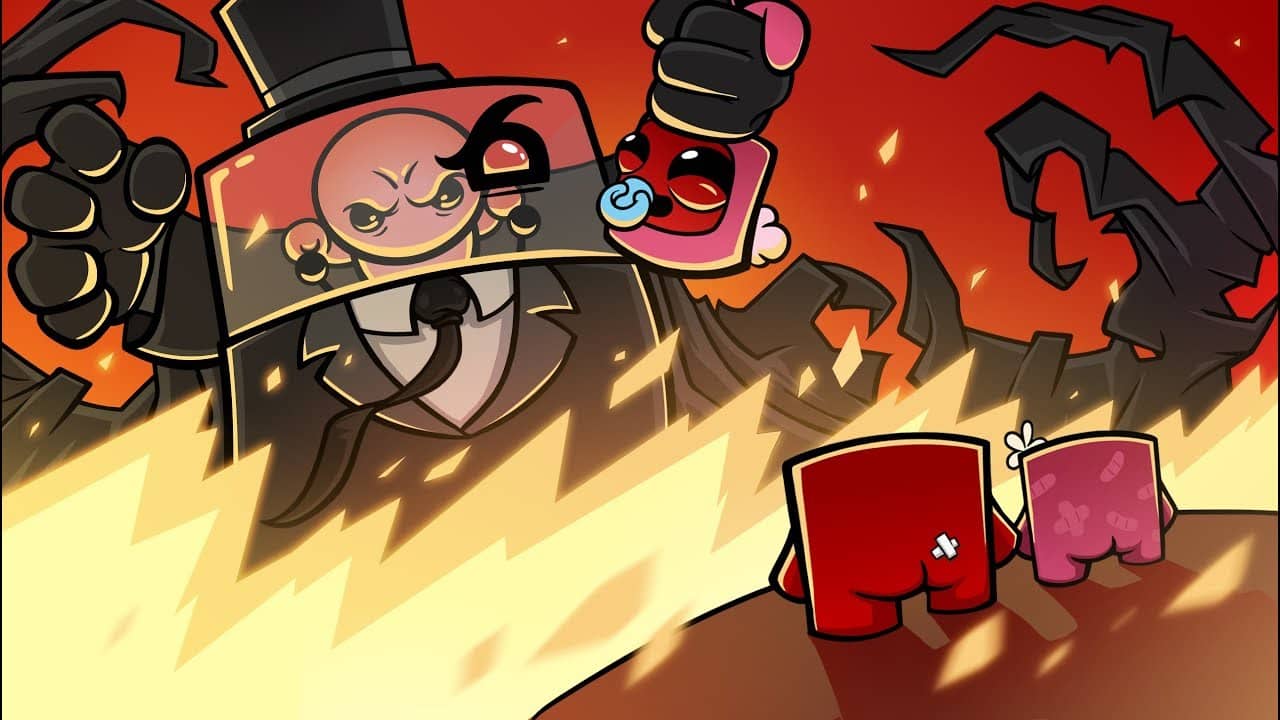
But is the law really powerless to help? The answer, unfortunately, is “probably.” To be sure, states could pass laws limiting the number of overtime hours video game developers can work, but that solution ignores the fact that it is sometimes reasonable or necessary for developers to work long hours. Even if those laws were effective, they would just encourage developers to move to states without those restrictions.
But what about unions? If developers formed or joined a union, they could require their employers to treat them with greater respect. That is true — unions can be effective, as can be seen with the recent unionization of Paradox Interactive in Sweden. But unions don’t grow on trees. Instead, unions require buy-in from both video game developers and from their employers, and that kind of buy-in requires the exact kind of cultural change described above. Indeed, if it were easy to form a union, developers would already have done so.
Where Do We Go from Here?
History teaches us that cultural change starts with the people before it is recognized by the law. We saw this with the civil rights movement and anti-smoking rules, and we see it with crunch culture. Unfortunately, cultural change takes time — as much as we might like it, we can’t snap our fingers and make crunch culture go away. The silver lining, though, is that we don’t need to snap our fingers — we have all the time in the world and should take as much time as we need to effectively end crunch culture once and for all. To those who disagree and who think we should act more quickly — you may inadvertently be part of the problem.

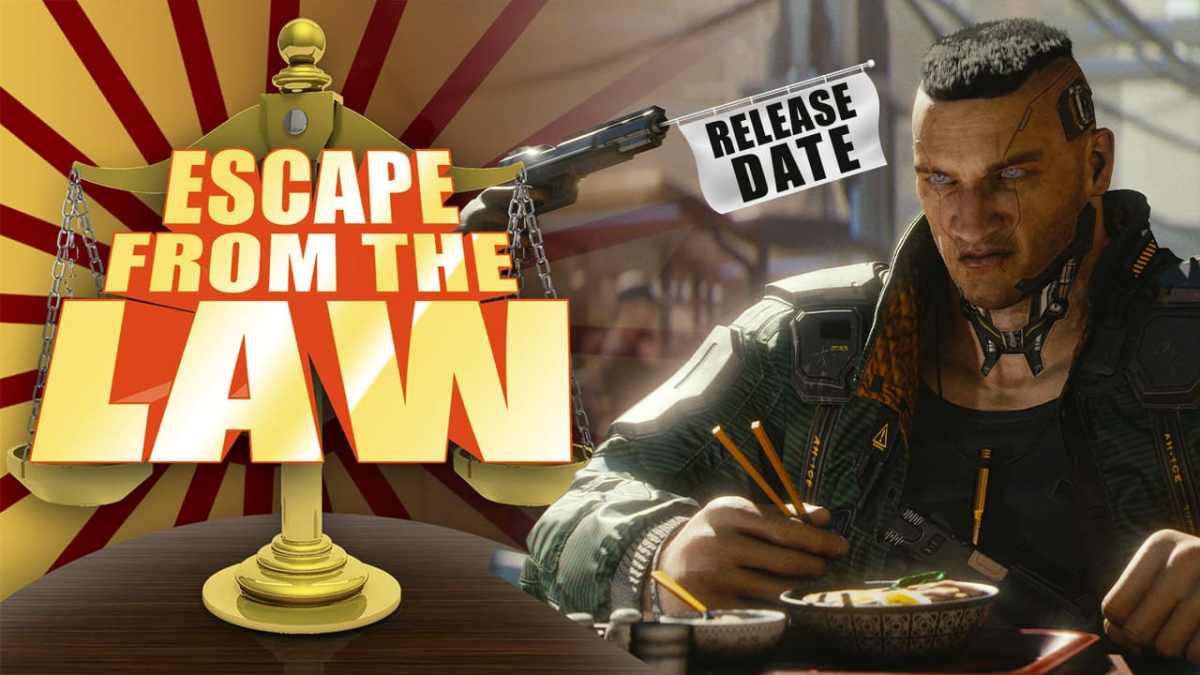








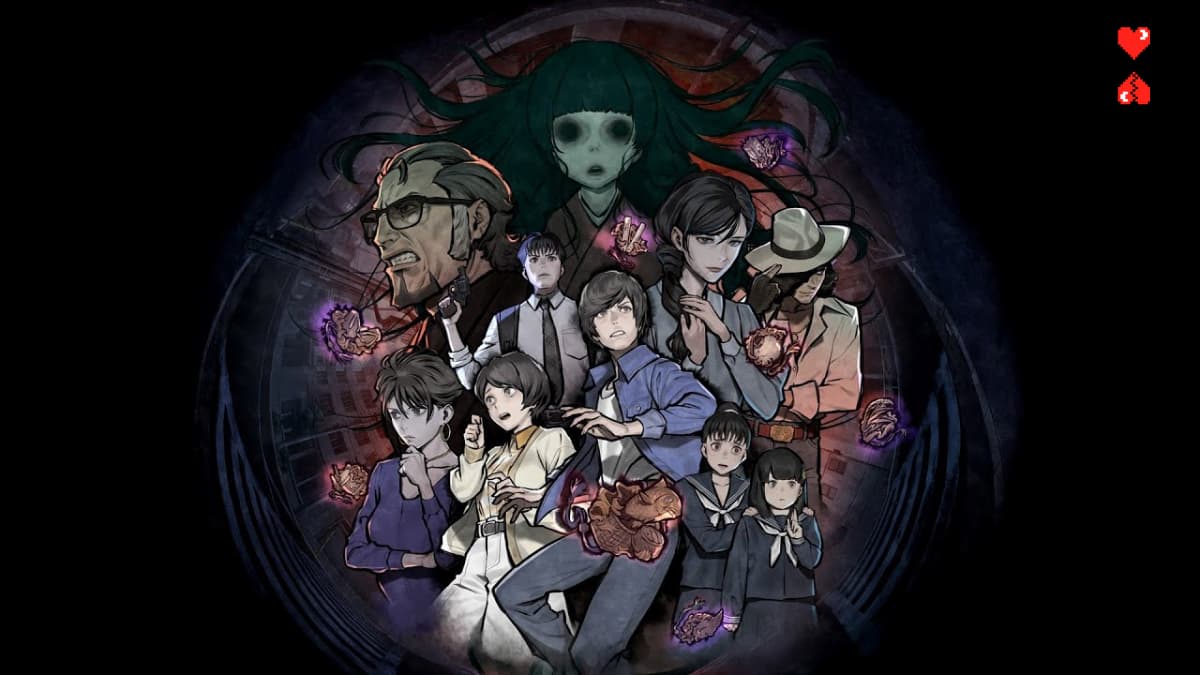
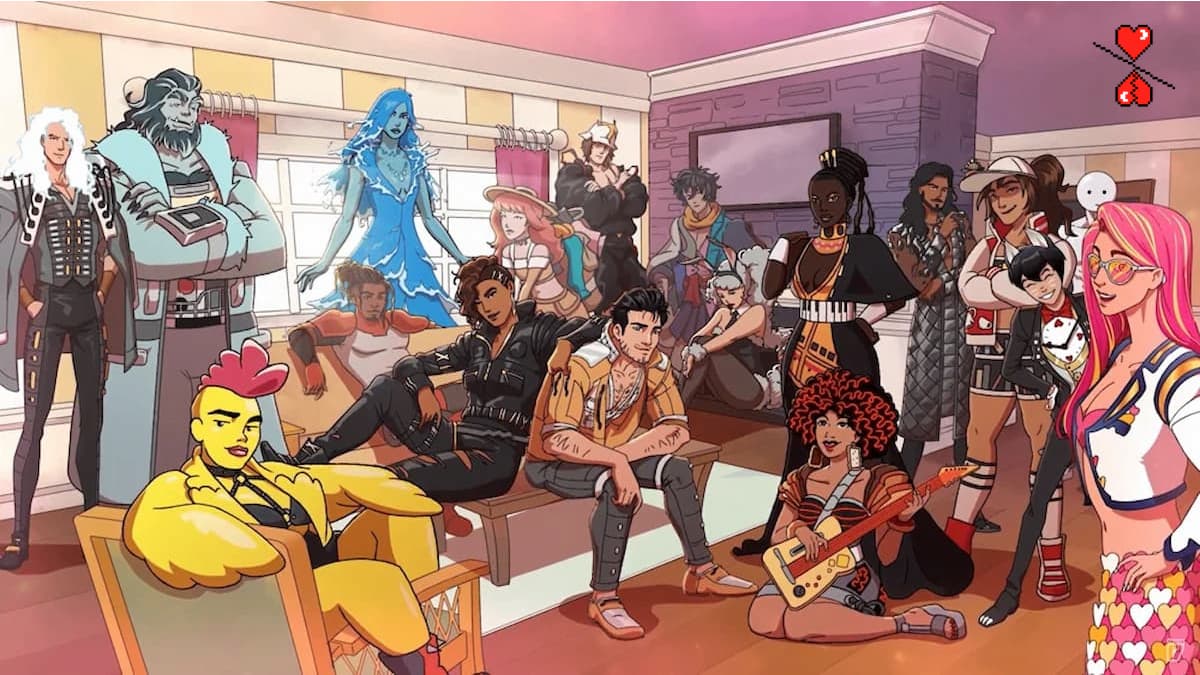


Published: Nov 1, 2020 7:00 PM UTC